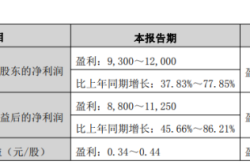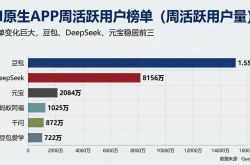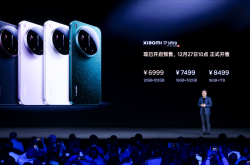The domestic mobile phone operating system has successfully counterattacked, and Apple has finally been defeated, achieving the goal of dividing the market into three.
![]() 06/14 2024
06/14 2024
![]() 588
588
Analysis agencies pointed out that a domestic mobile phone operating system has achieved a 17% market share in the domestic market in the first quarter of this year, surpassing the 16% market share held by Apple, fulfilling its ambition and achieving its goal of having a chance to survive with a share exceeding 16%.
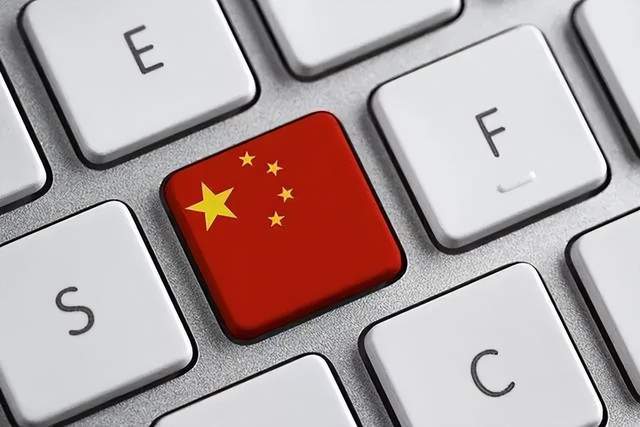
This domestic mobile phone brand used the Android system before 2019, but since then, Google gradually restricted its authorization of the Android system, first stopping the authorization of GMS services, and later even stopping the authorization of the Android system. As a result, this Chinese mobile phone company simply developed its own domestic mobile phone operating system.
During those years, it was also restricted by the United States in developing chip technology. TSMC suspended contract manufacturing of 5G chips for this mobile phone company from September 2020, and American RF chip companies also stopped selling 5G RF chips to it, causing a huge blow to its mobile phone business under various pressures.
However, this mobile phone company persevered and suddenly launched domestically produced 5G phones in August last year, achieving domestication of 5G chips. The domestic mobile phone industry chain also solved the problem of 5G RF chips, allowing it to re-launch 5G phones, leading to a surge in phone shipments.
Data for the first quarter of this year showed that it shipped 13.1 million phones in the global market, re-entering the top ten in the global mobile phone market. Relying on the support of its mobile phone business, its mobile phone operating system has also risen rapidly, forming a tripartite pattern with Android and iOS in the domestic mobile phone market.
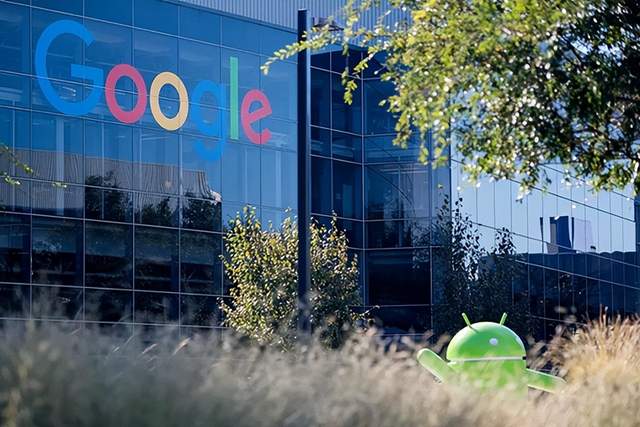
The domestic mobile phone operating system gaining an advantage will not only have an impact on the mobile phone market but may also change the global internet market landscape, especially posing a significant threat to American technology and the internet.
The reason why internet companies such as Google and Facebook have been able to gain an advantage in the global market lies in the support provided by the Android system and iOS system. Outside of China, the market share held by the Android system and iOS system is close to 99%. These operating systems only support American internet services, especially Google, which not only owns the Android system but also has many internet applications. The mutual support between the two has allowed Google to achieve such a significant advantage.
The Android system holds nearly 70% of the global mobile phone market share. Relying on its huge market share, Google naturally prioritizes supporting its own internet services such as Google Search, Google Earth, YouTube, etc., making it difficult for Chinese internet services to enter overseas markets. However, the domestic mobile phone operating system breaking its monopoly may support e-commerce, video, social media, and many other internet services that have gained an advantage in the domestic market to enter overseas markets.
It is precisely because of concerns about such an impact that Google previously surrounded and blocked this mobile phone company, not only refusing to authorize its GMS services and Android system but also preventing its many internet services from supporting this mobile phone operating system, causing the company to temporarily only develop in the domestic market.

To break Google's monopoly, domestic enterprises are now working together. It is reported that more than 4,000 enterprises have supported this domestic mobile phone operating system, accelerating the improvement of the system's ecosystem. It is expected that a complete ecosystem will be formed by the end of this year. At that time, the domestic mobile phone operating system will not only achieve independence in the operating system but also achieve complete autonomy in the system's ecosystem, and Google will no longer be able to stop its development.

